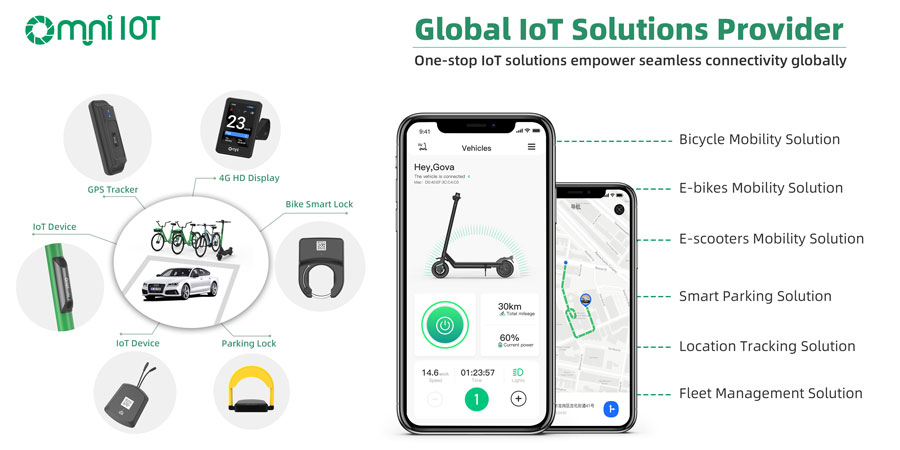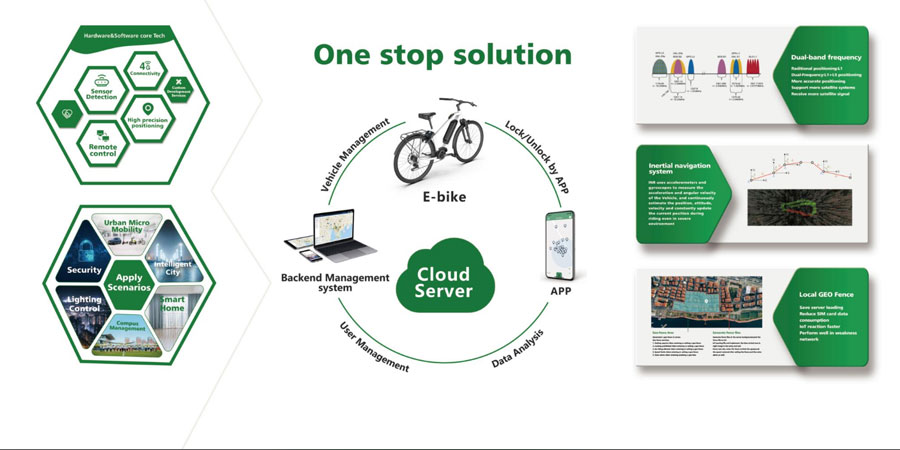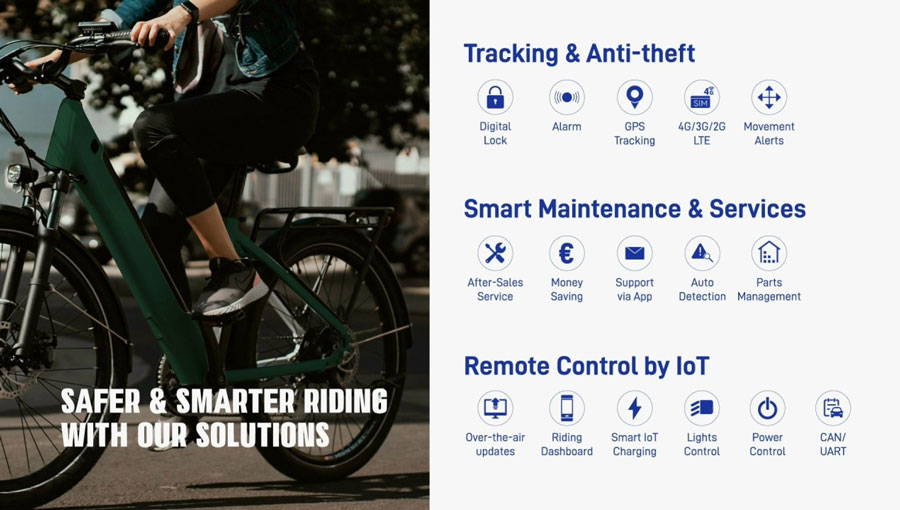Once hailed as the“Uber of cycling,”bike-sharing now faces a midlife crisis as cities grapple with its unintended consequences.
While smart bike locks and rental bike app promises seamless urban mobility,the reality is far messier.From cybersecurity nightmares
to $300/month losses per bike,we uncover the industry's untold challenges—and whether technology can truly fix them.

1.The Dirty Secret of Bike Graveyards
In 2023,Dallas cleared 15,000 abandoned bikes—enough steel to build 18 Eiffel Towers.These skeletal“graveyards”reveal a fatal
flaw:many rental bike apps prioritize rapid expansion over parking accountability.
Case Study:
Satellite images of Hangzhou's“bike cemetery”show 100,000 rusting bicycles.
Solution:Companies like LockTech embed 0.50 RFID tags in each bike,charging operators US$5 if bikes aren't returned to virtual docks.
2.When Smart Locks Become a Hacker's Playground
A 2023 Berlin hacker conference exposed a chilling truth:A Bluetooth vulnerability(CVE-2023-XXXX)in a popular smart bike lock
brand allowed thieves to steal 2,000 bikes using $50 tools.
User Complaint:
“I paid for my ride,only to watch thieves unlock bikes with Android phones!”–Reddit user BikeVictim2024
Tech Comparison:
Low Security:Traditional combination locks–cracked in<2 minutes.
High Security:Military-grade IoT-enabled smart locks and IoT device can make sure recovery rate for stolen bikes 80%.
3.Eco-Friendly or Greenwashing?
Producing one shared bike generates 3x the carbon emissions of a regular bicycle(2024 Life Cycle Analysis Report).Ironically,operators
negate 70%of environmental benefits by using gas-guzzling trucks for bike“rebalancing.”
Emission Comparison:
Transport Mode CO2 Emissions(g/km)
Shared Bike 21
E-Scooter 32
Bus 68

4.The $300/Unit Monthly Loss Model
A McKinsey report reveals:North American bike-sharing programs lose 200−400 monthly per bike due to:
40%costs:Gas-powered redistribution logistics.
30%costs:Repairing broken seats/tires.
Case Study:
San Francisco's Bay Wheels suspended services after 25%theft rates.
Breakthrough:Lime's AI dispatch algorithms cut logistics costs by 20%.
5.Privacy Risks:Your Ride Data for Sale
Rental bike apps track user locations,payment info,and even heart rates(via phone sensors).In 2023,a European operator was fined
€4.6M for selling anonymized data to advertisers.
Regulatory Impact:
GDPR forces data deletion within 24 hours→Reduces privacy risks but increases fraud rates by 20%.
California's AB-984 mandates encryption for all smart bike lock communications.Actually bike sharing system providers or smart
bike locks providers or IoT devices providers or rental bike app suppliers are now fully responsible for privacy risks.
6.“Not for You”Accessibility Gaps
Bike sharing systems exclude key demographics:
Hilly cities (e.g.,San Francisco):70%users complain about exhausting rides.
Seniors: 62% abandon rentals due to rental bike app complexity.
Innovations:
Tokyo's voice-controlled app:Say“unlock”to release bikes.
London's disability-friendly trikes:Funded by government subsidies.

7.The Maintenance Illusion:Why Repairs Lag Behind
Scan QR code to view real-time repair rate maps:New Yorkers wait 48 hours for Brooklyn repairs vs.3 hours in Manhattan.
Industry Secrets:
High-income areas get repair priority→Worsens“transit inequality.”
Smart bike lock sensors predict failures,but only 30% of operators enable this feature.
Conclusion: Is the Bike Sharing Revolution Over?
Despite flaws,bike sharing systems remain vital for urban mobility.The key lies in choosing tech-forward platforms:
Look for IoT-enabled smart bike locks with IP68 waterproofing and quantum encryption certifications.
Always check rental bike app privacy policies(e.g.,data retention periods).




